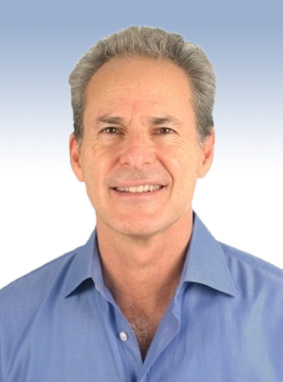About

Bruce A. Howard, Ph.D.
Licensed Psychologist
For over 40 years I have been a licensed clinical psychologist practicing in Santa Monica and have recently relocated to Santa Barbara. I received my Bachelor’s degree in Psychology from the University of California, Santa Cruz in 1976. In 1979 I earned my Masters degree in Clinical Psychology and in 1981 my Ph.D. in Clinical Psychology, both from the California School of Professional Psychology in San Diego. Founded in 1972, the California School of Professional Psychology is the first free-standing professional school in psychology accredited by the American Psychological Association. Professional schools in psychology differ from traditional university graduate programs in their emphasis on training the practitioner as opposed to the academician or researcher.

Bruce A. Howard, Ph.D.
Licensed Psychologist
During and following my formal graduate education, I trained with and learned from many of the pioneers and early developers of Gestalt therapy including Erving and Miriam Polster, Laura Perls, Isadore From, Jim Simkin, Robert Resnick, and Robert Martin. Gestalt therapy was developed in the early 1950’s, a period dominated by strict psychoanalysis, as a more direct and present centered therapy that focuses on increased self-awareness, healthier boundary and contact functioning with others, and experiential learning both in and outside the consultation room; thus learning from experimenting with new behaviors and experiencing the positive results.
In the early 1990’s, I expanded on the wisdom of Gestalt therapy and began training in the newly emerging field of relational psychoanalytic thinking and studied for several years with one of its central developers, Robert Stolorow, Ph.D. I also trained in psychoanalytic psychotherapy at the Institute of Contemporary Psychoanalysis in Los Angeles. A central tenant of contemporary relational psychoanalytic therapy is that our difficulties emerge comprehensively from our relational history with significant people in our development as opposed to the more traditional psychoanalytic theory that places greater emphasis on unconscious instinctual drives. Contemporary relational analytic therapy is a more collaborative process as compared to the more hierarchical structure between doctor and patient found in the traditional form of treatment. In psychoanalytic therapy, our history is focused on only to the extent that it continues to operate within us and impairs our current functioning.
In addition to the practice of individual psychotherapy and couples therapy, I have, for many years, supervised master’s level and pre- and post-doctoral interns and have lectured in the U.S. and abroad.